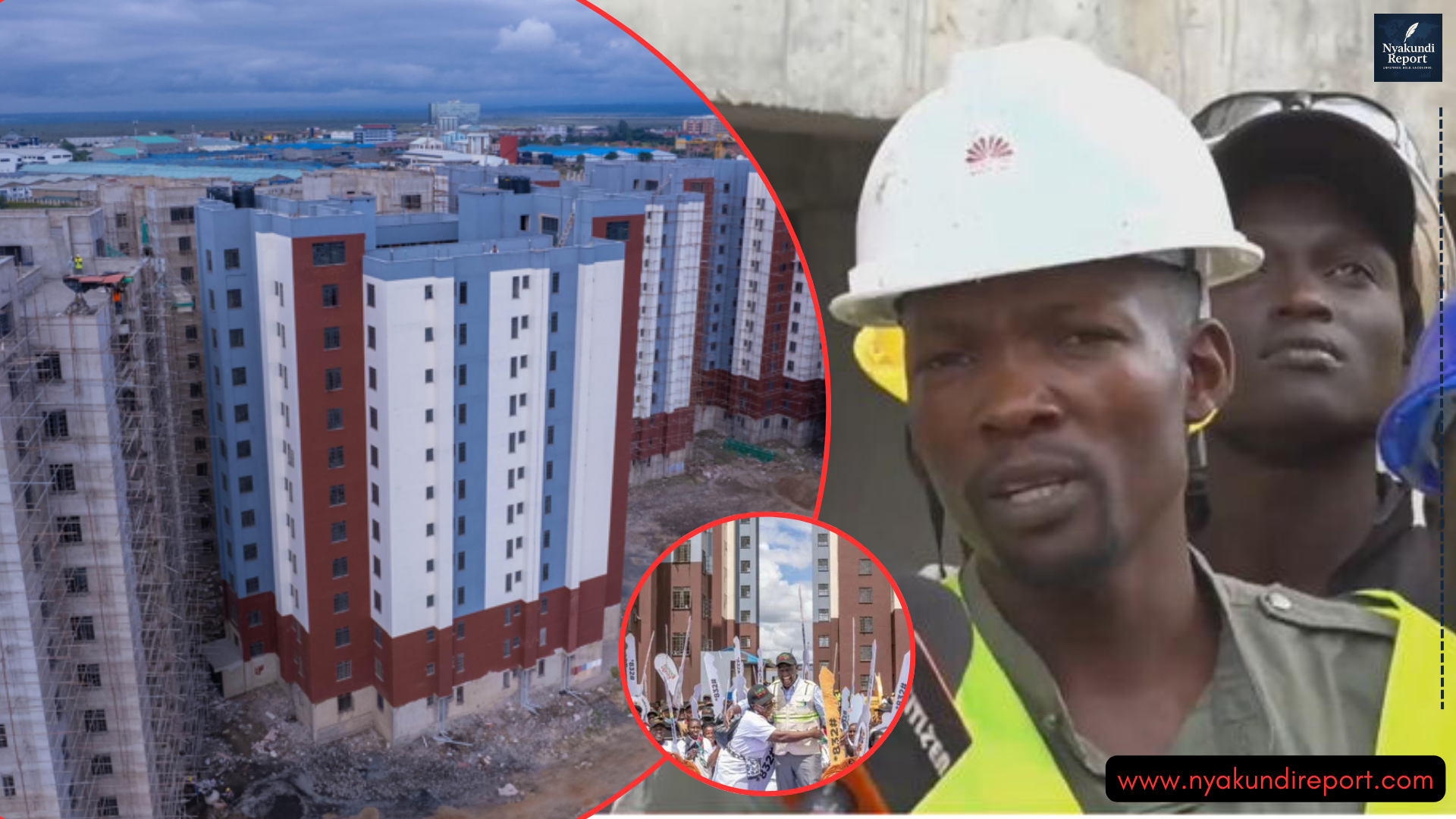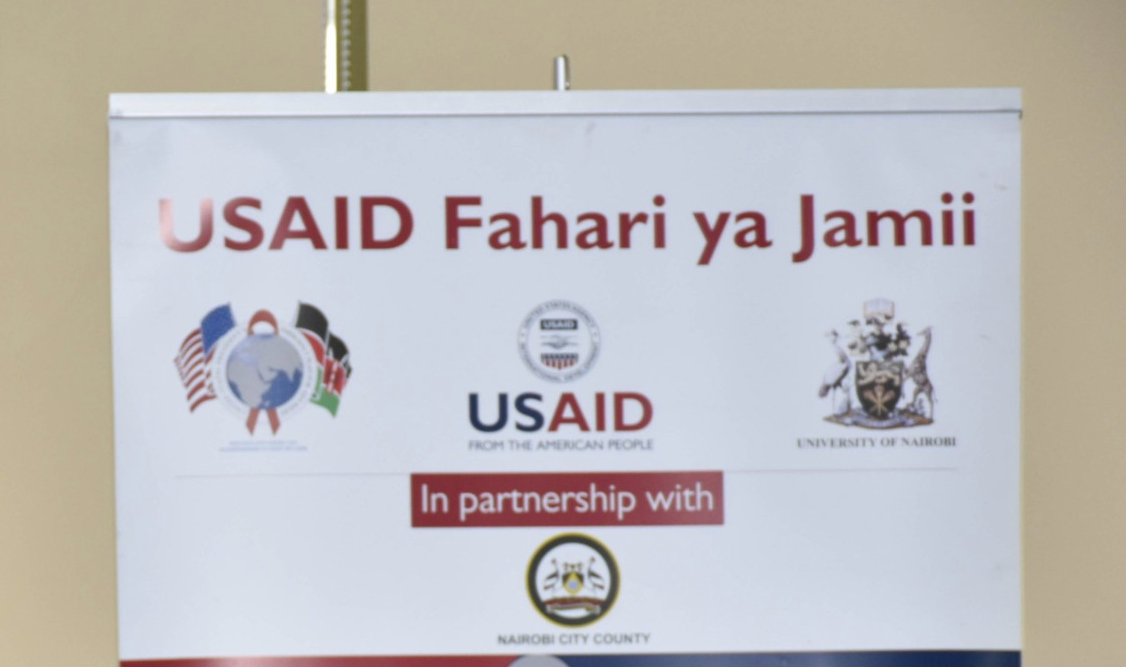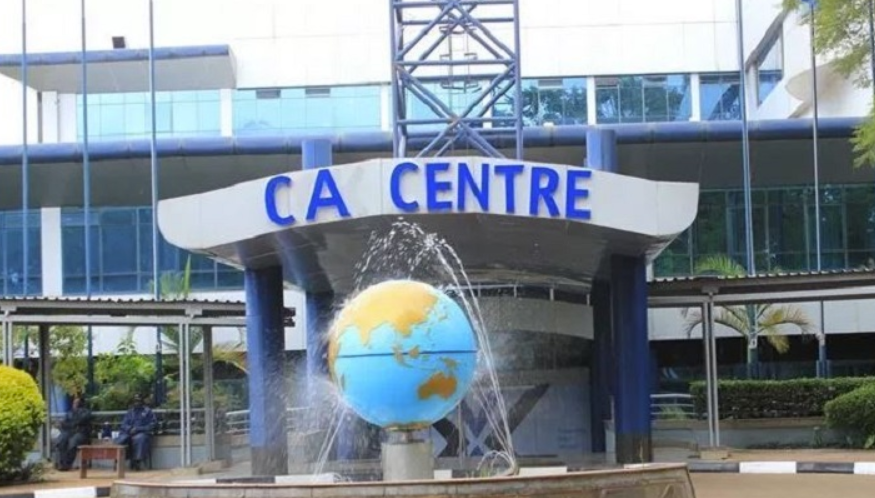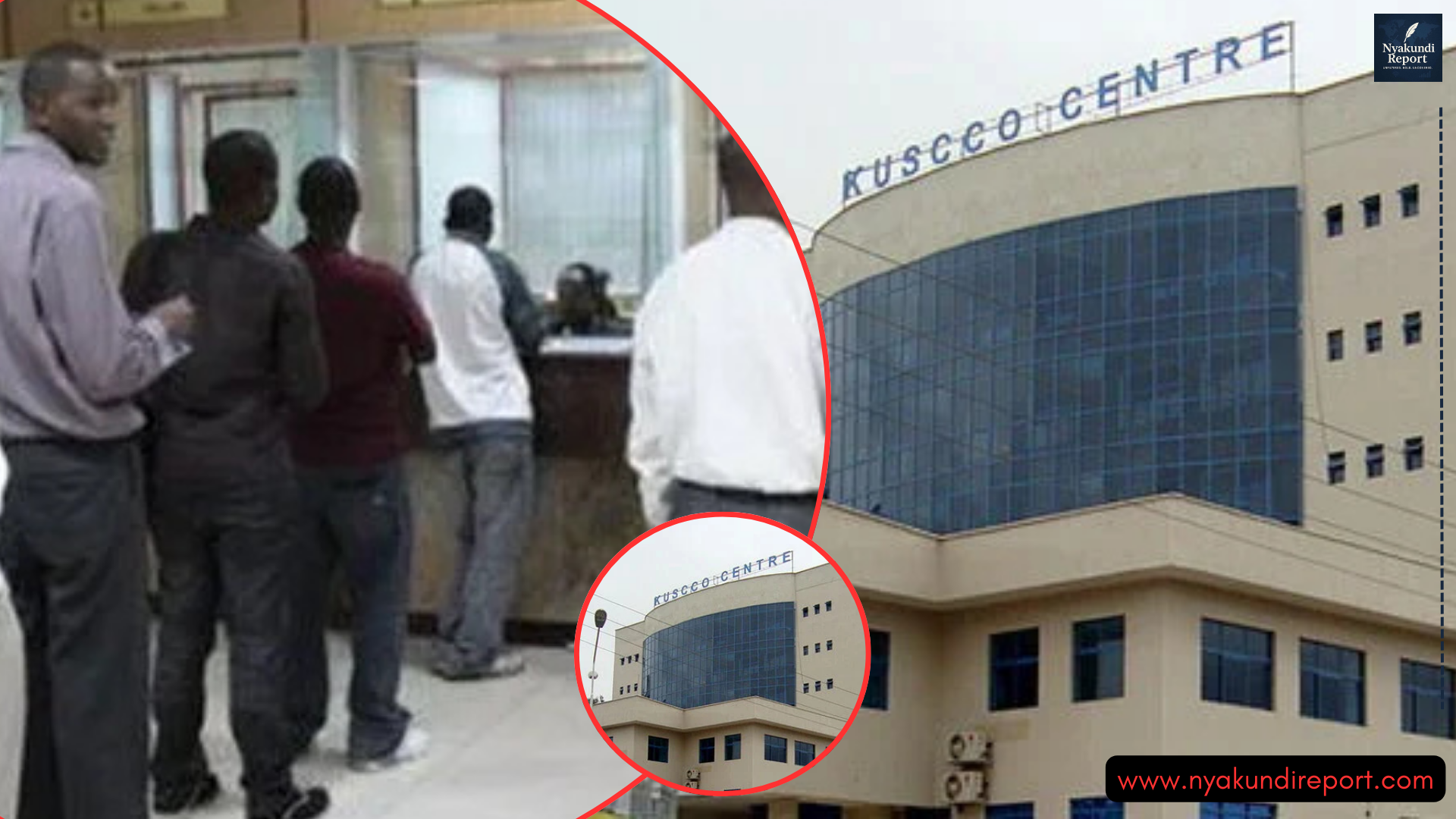Tucked within the postcard-perfect serenity of Watamu’s coastline, Seven Islands Resort, a resort operated under Italian management and catering largely to European clientele, presents an outward image of Mediterranean refinement and coastal indulgence.
But beneath the surface of this polished exterior exists an operational reality that sharply contradicts the lavish experience marketed to its guests.

Italian influence permeates not only the culinary direction and interior ambience, but also the managerial hierarchy, creating an environment where foreign ownership exerts tight control over local labour dynamics.
The resort, whose name evokes a sense of luxury and seclusion, has now come under intense moral reckoning following revelations of a wage structure so starkly exploitative and a working environment so devoid of professional equity that it would appear incompatible with any modern, ethically conscious hospitality enterprise.
Within this institution, where guests indulge in sea breezes and culinary pleasures, the entire staff, whether tending to the manicured lawns, preparing intricate meals, or handling front desk logistics, are subjected to a homogenous daily wage earned after an exhausting 12-hour shift.
It is an equalizer between roles that demand vastly different skills, responsibilities, and qualifications.
From junior chefs executing time-sensitive orders to receptionists managing administrative tasks and guest grievances, there exists no stratification, no recognition of effort or merit, only a blunt, indiscriminate compensation structure devoid of any rational logic.
Equally troubling is the institutional response to any inquiry or appeal for redress.
Workers brave enough to question this entrenched system are met with apathy, often told that this is the status quo inherited from previous management, as though injustice, once normalized, must continue unchallenged.
This deflection not only reveals a refusal to engage meaningfully with the welfare of staff but also exposes the broader decay of ethical stewardship within the resort’s administrative framework.
“Hi Nyakundi. Please hide my identity. There is a resort hotel in Watamu called “7Islands” and honestly, it is a total disgrace. I am telling you, there is absolutely no professionalism there whatsoever. From the gardener, waiters, waitresses, housekeepers, receptionists, accountants, to junior chefs, everyone is on the exact same pay scale. Just Ksh 550 per day. And that is after working long, exhausting 12-hour shifts every single day, with barely any breaks. There is no system in place to recognise people’s skills, experience, or responsibilities. Whether someone is serving drinks, cleaning rooms, preparing food, or handling finances at the reception, it does not matter they are treated the same, and not in a good way. It is as if your role, effort, or qualifications mean absolutely nothing. And when someone tries to speak up or question this, the HR simply says they found the hotel already running that way and claim there is nothing they can do. That is the excuse used to keep workers stuck in this unfair and exploitative system. Please anika this resort so that the truth can be known. Maybe if the public becomes aware of what is really happening behind the fancy advertisements and beachside photos, the workers will finally be treated with dignity and fairness. People are suffering in silence there, and something needs to be done.”
It is deeply troubling that a hospitality facility profiting from tourism, an industry that thrives on warmth, attention to detail, and service excellence, should treat its workforce with such unrelenting disregard.
A resort cannot genuinely embody hospitality when those who bring it to life every day are denied dignity, proper remuneration, and recognition of their labour.
Such operational models must be confronted openly, and stakeholders, local and international, ought to reevaluate where their patronage flows if equity and respect for human effort still matter in today’s world.
We will continue to report on the realities behind the polished exteriors of such establishments, bringing attention to the conditions endured by workers and holding those in charge to account as this is not an isolated case.
Are you a staff member currently working under such conditions, a former employee who has witnessed these issues firsthand, or someone connected to the broader system that enables this exploitation?
Reach out to us through our social media platforms or direct message channels as your voice is powerful, and your story could help bring long-overdue change.
All information shared will be treated with discretion and care.
By speaking out, you join a growing call for fairness, respect, and dignity in workplaces where silence has gone on far too long.











































